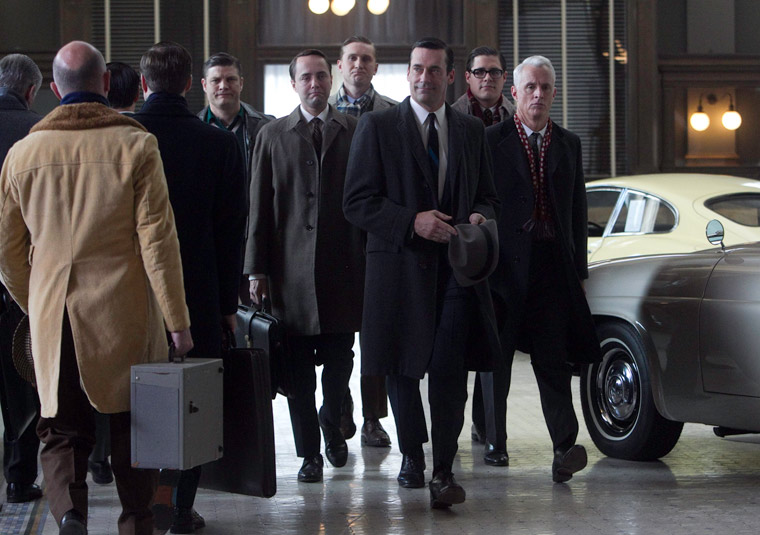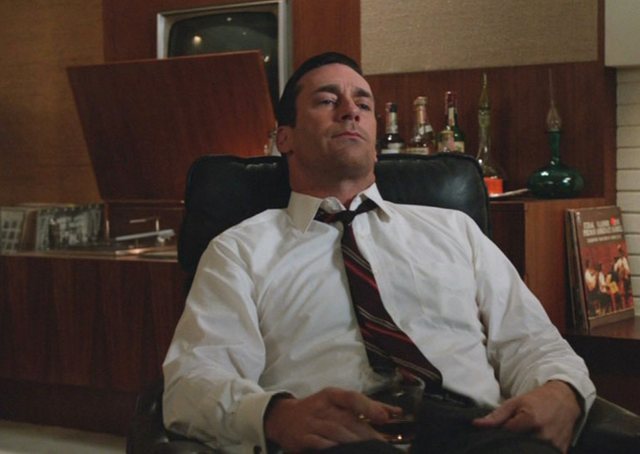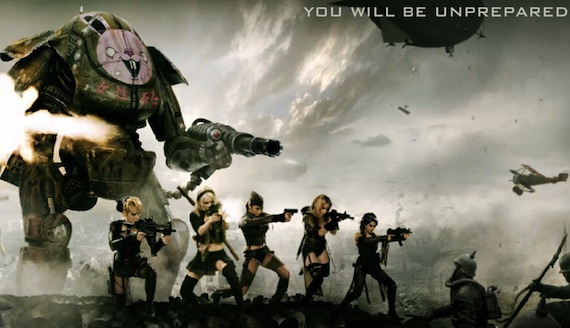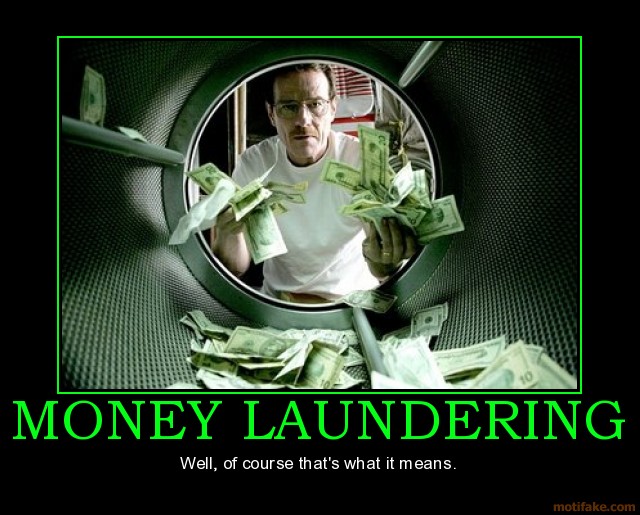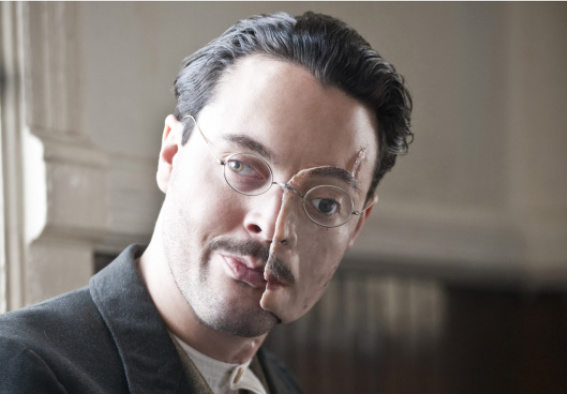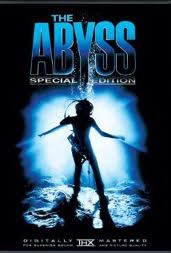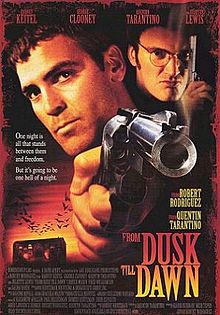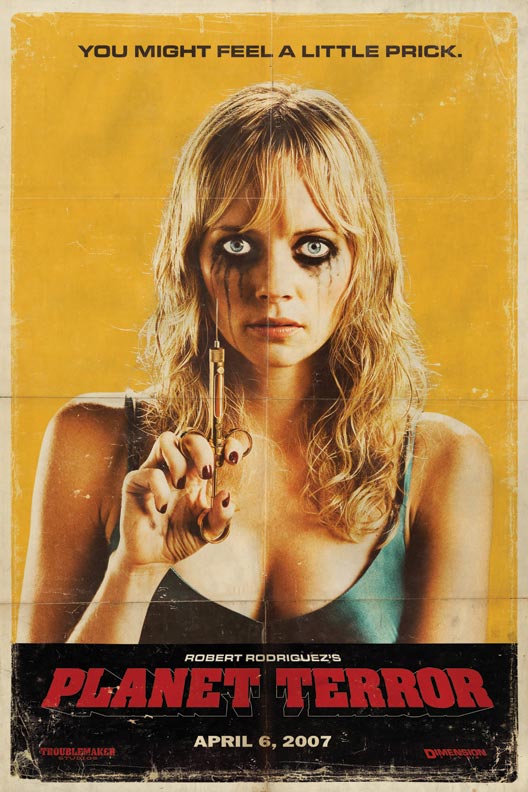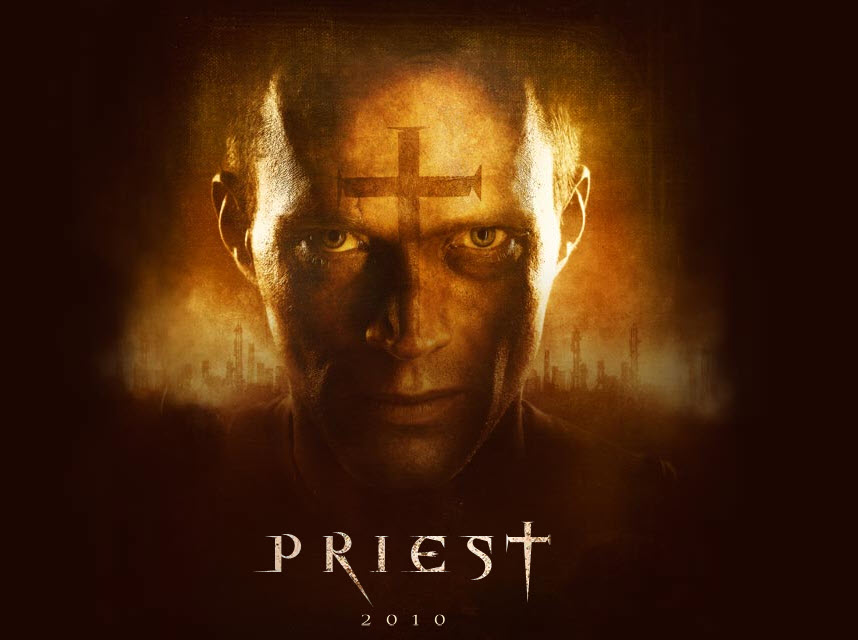Mad Men: The Other Woman
Writing about Mad Men is almost a blogging cliché; it’s one of those shows that only the people who love it watch, thus every write up is either filled with praise or disappointment on a grand scale. It’s as close to a cultural event as we have these days; shows don’t draw 30 million viewers a week any more, so a show like Mad Men that has a certain sheen of class gets attention even if its viewership means it would have been canceled after five episodes in, say, 1982.
I love reading recaps of Mad Men episodes because the collective hive mind of the Internet often finds little details that I missed, details I can then regurgitate and use to seem smart at cocktail parties. Although, come to think of it, I never get invited to cocktail parties, so perhaps my strategery is not working as planned. Put a pin in that. Because as I read everyone’s recaps of the 5/27/12 episode The Other Woman, I am convinced The Internet is getting it wrong.
Specifically, I’m referring to the Don/Joan dynamic in this episode. If you don’t watch Mad Men and don’t give a shit about Don Draper, please, please stop reading before I bore you to death.
In The Other Woman, Joan is asked to sleep with a Jaguar representative in order to guarantee his vote for SCDP to take on Jaguar’s account. It’s a heinous and disgusting request, and Joan is horrified, but also tempted, especially when Lane suggests (for his own heinous reasons) that she hold out for a 5% partnership in the company in exchange. 5% of a growing ad agency about to land a major car account would set Joan and her son up relatively well for the future, especially since she makes about $12,500 a year, which would be about $70,000 today. Not a bad salary, but throw in a kid to raise and 5% of the profits on top of that and it’s pretty tempting.
Let’s put aside the interesting fact that we now know Don owns %25 of SCDP. Or maybe we already knew that. At any rate, I wonder if Joan’s 5% is going to come into play someday.
Anyway, Don is the only partner who votes against even asking Joan to sleep with the rep. When he finds out about the partnership offer (made without his knowledge) he even goes to Joan’s apartment to talk her out of it. Everyone seems to think he does this out of a sense of protective affection for Joan, or moral outrage.
He does not.
He doesn’t want Joan to sleep with the rep because he wants to win the Jaguar account solely with his creative team’s genius and his own power of personality doing the pitch.
The week before, Don made a stirring speech about winning the Jaguar account. He wants to get back to the old Don, the genius who came up with fantastic ideas and who then almost willed clients to buy them. The guy who was so powerful purely in his creative forces that an entire agency coalesced around him. No one else could have created SCDP. Don Draper was the key ingredient.
Since then, Don’s life has faded. He got divorced, then remarried, his best friend died, and he almost drank himself to death. But what’s really gone, truly gone, is his creative spark. Season 5 of Mad Men has been about Don’s creative death. He hasn’t had a good idea in a very, very long time (at least an entire year). When he stayed up all night to come up with an idea for the Snoballs account, he was barely able to squirt out a decent, perfectly usable idea. Nothing genius. He saw the Jaguar account as a away to get himself back, to stay in the office all the time and force himself to be the old Don. I think he would have preferred to come up with the genius idea himself, but he was satisfied to at least be the captain of the team that managed it.
Some people have noted that his Jaguar pitch was staged to be as dramatic and powerful as the “carousel” pitch to Kodak in an earlier season, but was disappointing. I believe that’s on purpose. The pitch was perfectly fine, but not genius, and it reflects where Don is today. He’s a pro. He has the moves. He can pitch anything with the smooth oil of a seasoned ad man. But he no longer has the ability to write something like the carousel pitch, does he? And he’s just starting to figure that out.
Then he finds out that at least 1/3 of the reason they got the account was because Joan Harris slept with one of the reps, and he is ruined by the thought. He thought the old Draper magic was coming back. Now he finds out it was an even older magic, and he’s sick about it.
This show is like a goddamn Russian novel.

